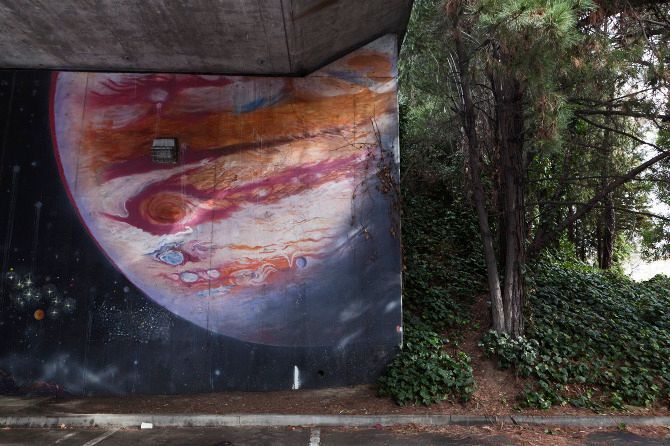Issue 04 Letter from the Editor
Letter from the Editor I’ve had a thought as this issue has begun taking shape over the past few months that I’ve held myself back from saying. I didn’t want to seem reductive, or to insult any of our current or former contributors or staff members and, probably more so than that, I didn’t want to be repetitive. But the thought has kept repeating and is now firmly a part of my inner conversation, my silent series of anxieties and excited superlatives surrounding this, the fourth issue of Apogee. I’ll reveal it to you now if you promise you’ll let me say the same thing next issue: though chronologically this is Issue 04, to me it feels like our first issue. You may remember many of us saying this same thing prior to the release of Issue 03, our first issue outside of the umbrella of a university. And though I didn’t say it at the time, I was also having thoughts in this vein way back when we were putting together Issue 02, the first issue for which I served as Literary Editor. But for me to understand this recurring thought and perhaps get to the heart of why... Read More

